
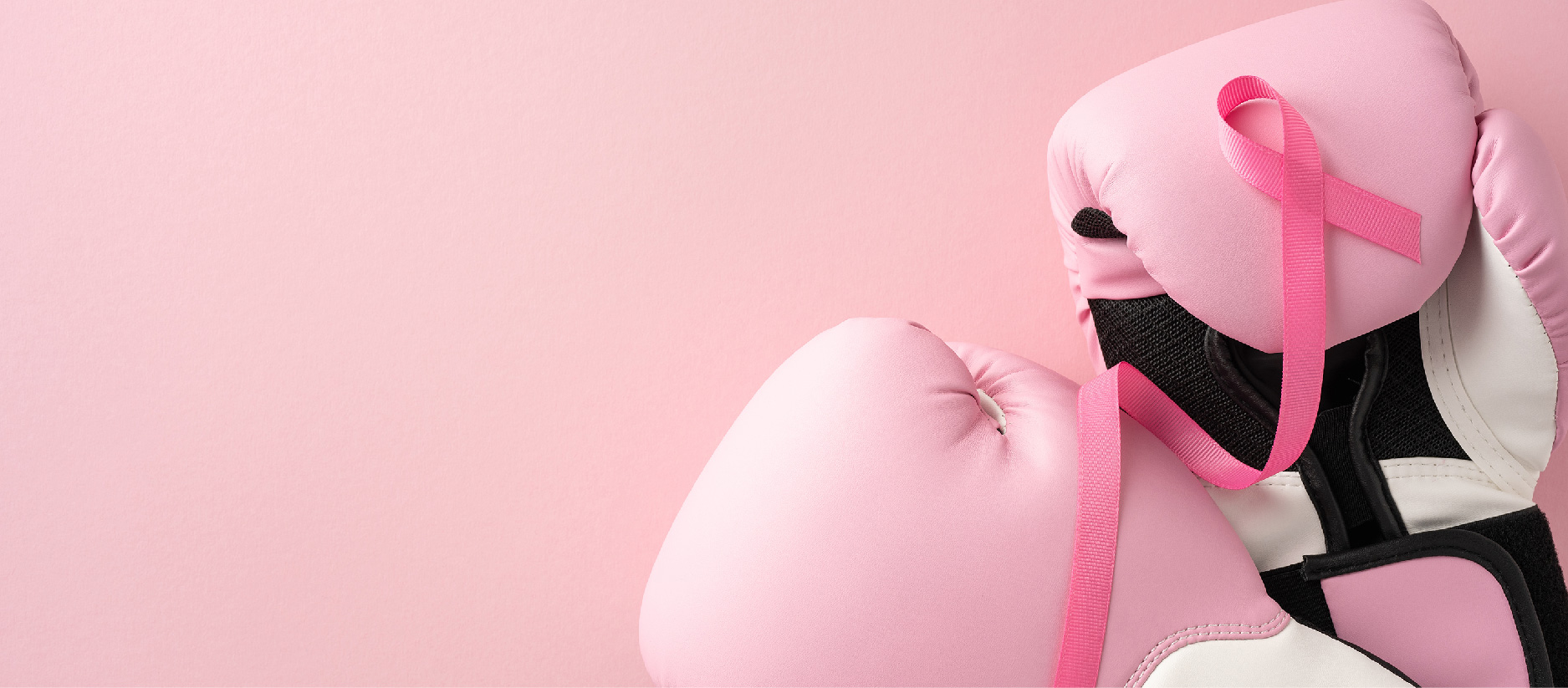
Breast cancer is the most common form of cancer that affects women worldwide. No one knows why some women get breast cancer, but several risk factors exist.
Breast cancer may originate from the glands or the ducts of the breast. If cancer originates from the glands, it is called lobular carcinoma. The lobules are the special milk-producing glands. When cancer happens in the ducts of the breast, it is known as ductal carcinoma.
Cancer is known as "infiltrating" or "invasive" when it moves beyond where it began. Cancer that has not crossed beyond the involved lobule or tubule is minimal. It is called "in-situ" carcinoma.
Breast cancer may involve more than one member of a family. It is usually called familial breast cancer. There may be some hereditary and genetic causes for this type of breast cancer. Women with familial breast cancer can benefit from genetic counseling and testing.
Risks that cannot be changed include:
Other risks include:
Signs and Symptoms of breast cancer:
Early cancer of the breast usually has no symptoms. Later, as cancer grows, it may cause a lump that can be felt in the breast. Sometimes the skin overlying a tumor becomes coarse and wrinkled, known as "peau d'orange" in French or "orange skin." Another sign is discharge from the nipple.
How can it be discovered?
Most breast cancer cases are discovered either by a mammogram or clinical breast exam. These are times when your health provider performs a breast examination. Pain in the breasts is extremely uncommon, if ever, as a symptom of breast cancer. Most breast cancers are removed surgically. The operation's extent depends on the tumor's size and whether or not the lymph nodes in the axilla, or armpit, are involved.
Breast Cancer Surgery:
Cancer occurs in approximately 1 in every 8 to 9 women. The below health information will help you better understand the benefits and risks of the different breast operations. When a breast lump is determined to be cancerous, the treatment includes one or a combination of the following:
Your doctor may recommend surgery as part of your treatment for breast cancer. If your doctor recommends surgery, the decision of whether or not to have breast surgery is also yours.
The two primary goals of breast cancer surgery are:
Breast surgery is very safe. Risks and complications are infrequent. After surgery, your healthcare provider may recommend one or more types of therapy to help prevent cancer from coming back.
Other resources:
There are beneficial networks of patient support groups with people who have all experienced similar procedures. Breast cancer survivors in support groups and patient networks are glad to share their experiences and support. It is often a positive step toward recovery to join a support group and meet people who can understand your feelings. At Johns Hopkins Aramco Healthcare (JHAH) our mental health team follows a holistic approach to your treatment that promotes health and wellbeing through the collaboration of groups of experts from various medical disciplines.
Below are two comprehensive booklets:
If you or a loved one have cancer or a blood disorder, our oncology teams at JHAH are here to provide you with the best possible service and care. We offer an extensive range of cancer-care services and facilities. These include specialists at our Oncology Institute, adult and pediatric oncology and hematology, radiation oncology, and palliative care. Learn more about Oncology Services
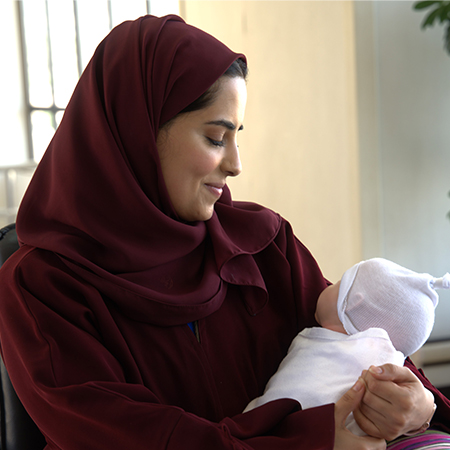
JHAH joins the World Alliance for Breastfeeding Action and the MOH in supporting World Breastfeeding Week

A good night’s sleep can help repair damaged heart and blood vessels. We have simple tips to help you sleep better
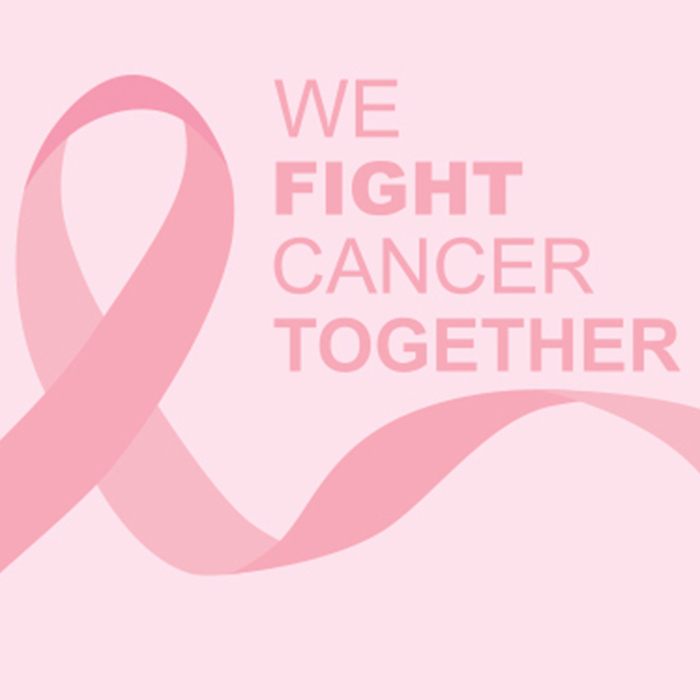
The good, and bad news about breast cancer – and how to fight it
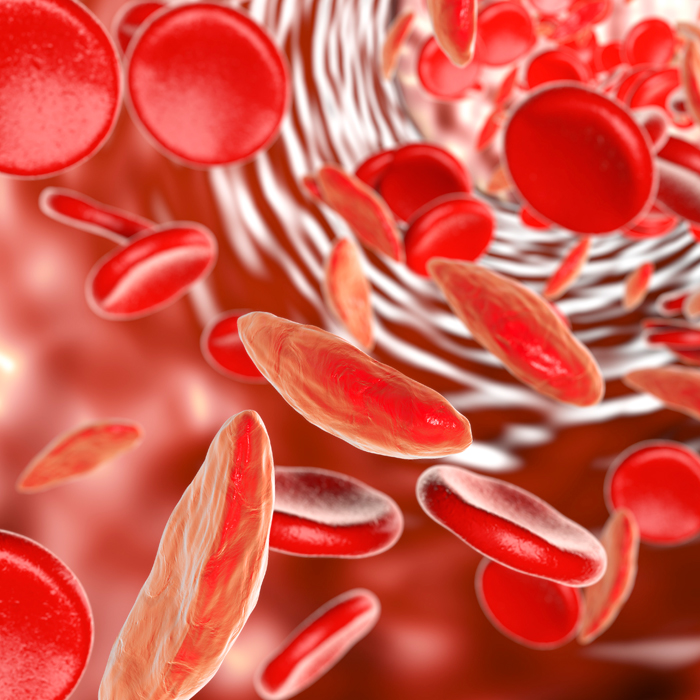
Find out how changes to how we manage the pain of sickle cell disease have led to a massive drop in emergency care and hospitalization

A few ideas for a good nutrition program that can help strengthen your immune system

There are many health and nutrition tips that can boost your immune system

The Kingdom is the second in the Middle East and the seventh globally in the rate of Type 2 diabetes, find out how you can take control of your diabetes and lead a healthy life
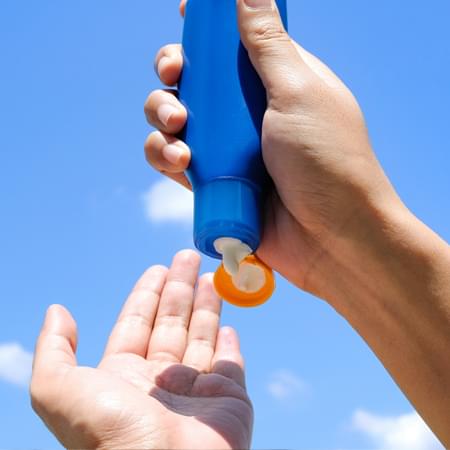
Health issues related to sun exposure and how you can protect yourself

Include fruits in your daily menu, in whichever way you like, and stay healthy
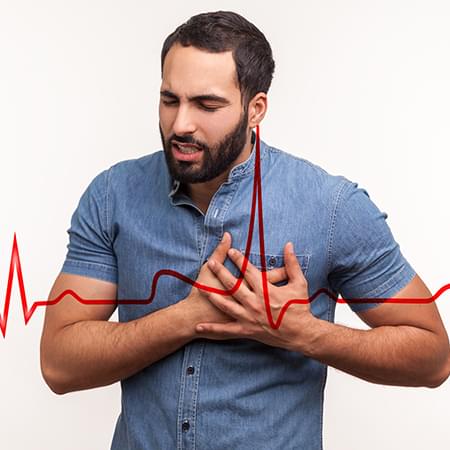
Heart attacks often occur when people are alone. Knowing what to do when heart attack symptoms come on can save your life

Encouraging people who suffer from obesity to take part in safe solutions to weight loss, lifestyle change, and weight maintenance
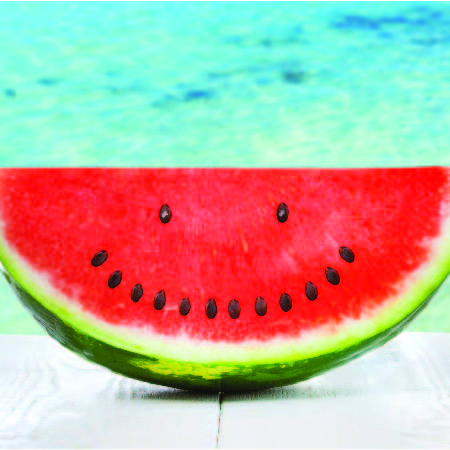
We tend to forget that the sun’s shine and brightness can be quite harmful during the summer. Tips to stay healthy and cool during summer
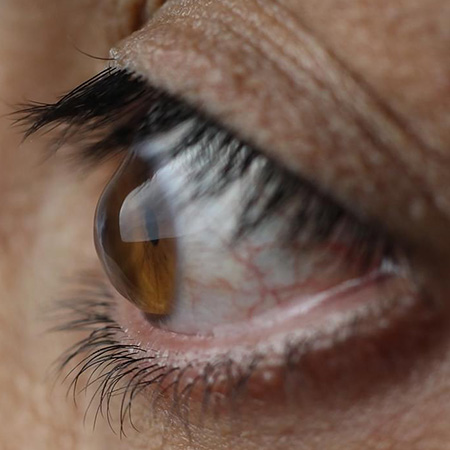
Keratoconus is an eye disease that affects the Cornea, the clear transparent part of the eye. This disease causes progressive thinning and protrusion of the cornea giving it a conical shape.

No matter what type of medicine your doctor prescribes, it's always important to be safe and follow medication safety measures
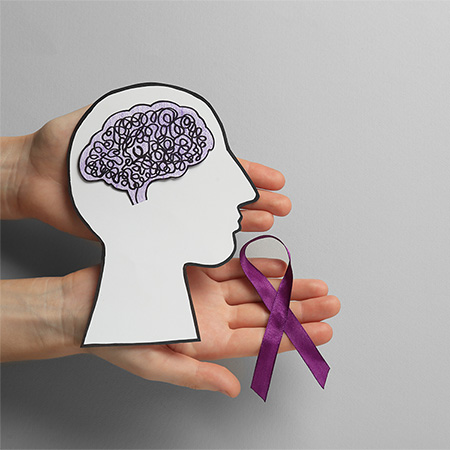
Learn about Alzheimer’s disease, it's symptoms, causes and risk factors, and what to do if you have Alzheimer's disease

Proper nutrition and exercise play important roles in reducing the risk of breast cancer
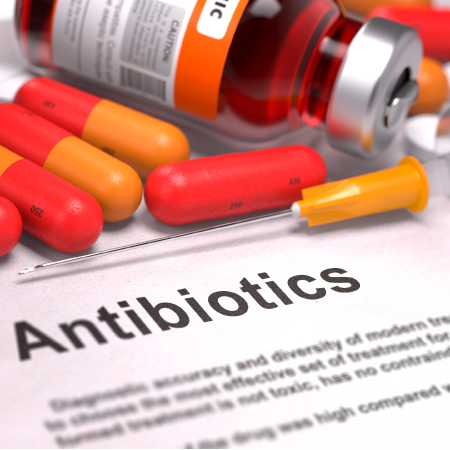
Learn how to properly use antibiotics to avoid resistance and protect your health
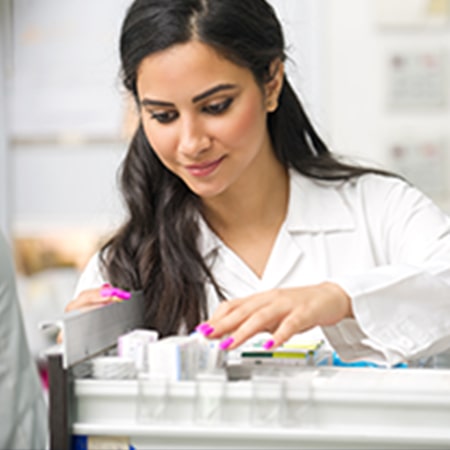
Collecting your medication from the pharmacist is not just a medication transaction but an opportunity to enhance your understanding of the medication and better care for your health.

JHAH Tawazon Program works with pre-diabetic patients to help them modify their lifestyle to prevent or delay type 2 diabetes

Here are a few essential points to discuss with your pharmacist to better understand your medication to ensure your wellbeing.

Four simple and practical guidelines that will help you to keep safe from food-borne diseases in your kitchen

Read our expert advice on blood donation guidelines and how you can play a role in saving lives
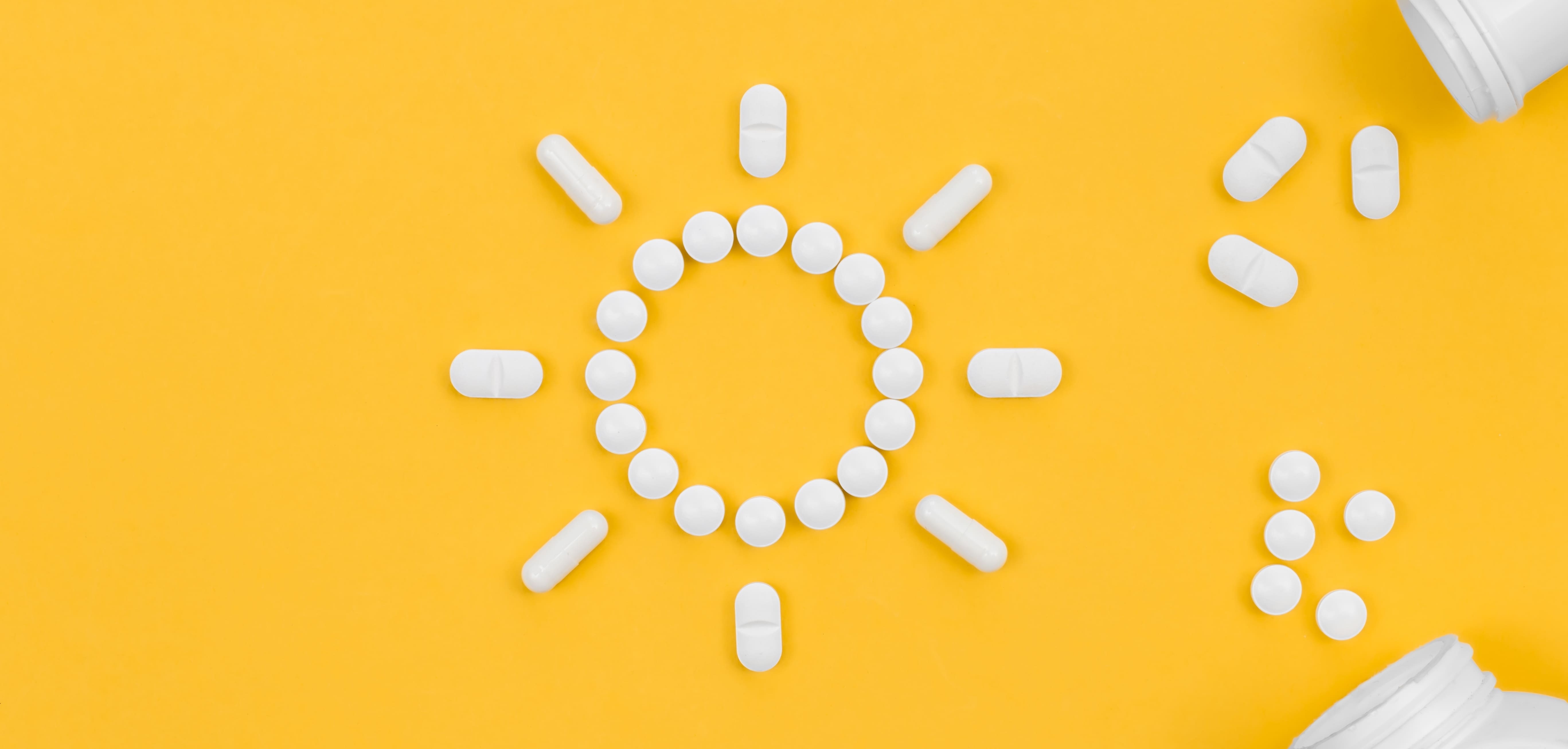
Protect your medications against the heat of summer with a few simple tips

Start your day with nutritious foods to boost your energy and metabolism levels

JHAH Clinical Nutrition and Food Services Unit is here to help you make your sweets healthier, lighter and heart friendly
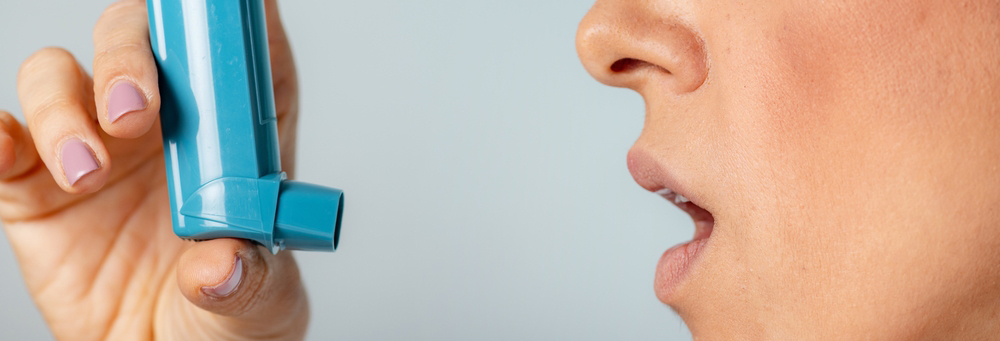
Important techniques to ensure effective delivery of medications to the lungs

Signs of dehydration indoors, symptoms to watch, and tips to stay hydrated even without thirst.
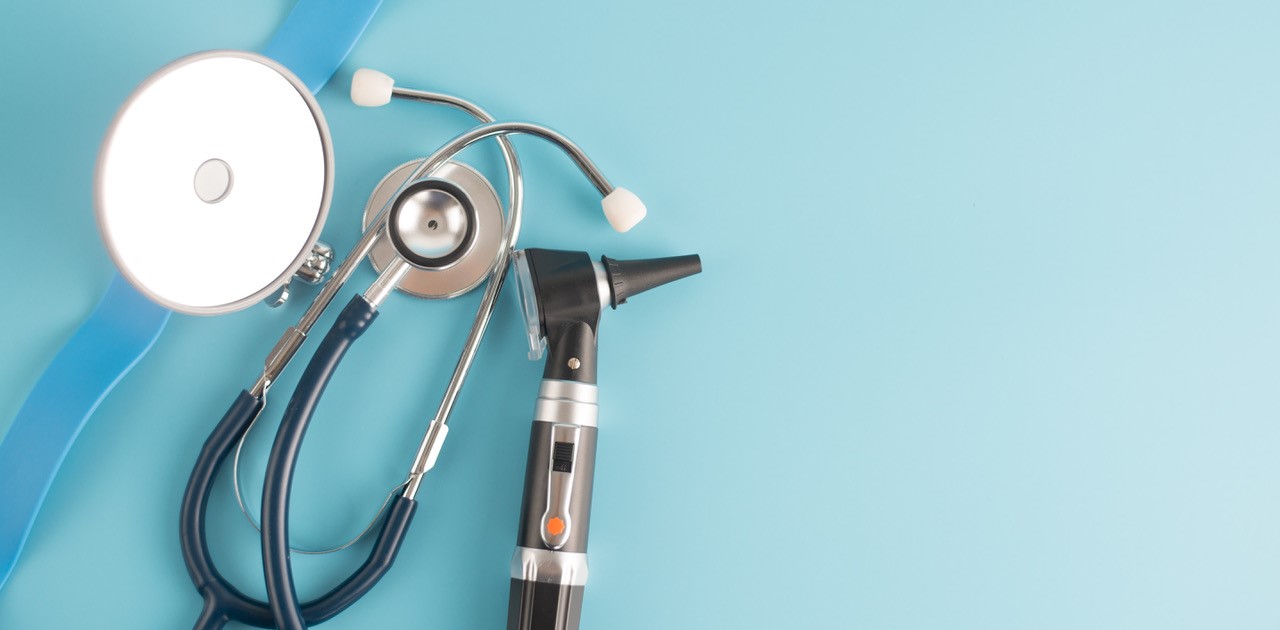
Three ENT surgeries significantly improve the breathing of a 21-year-old patient.
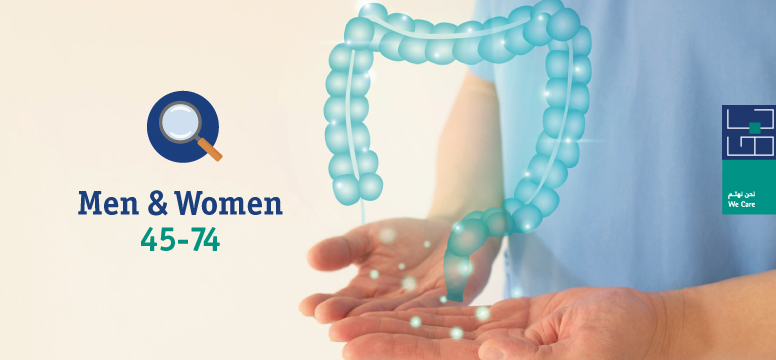
Colon cancer screening can detect the disease in its early and treatable stages
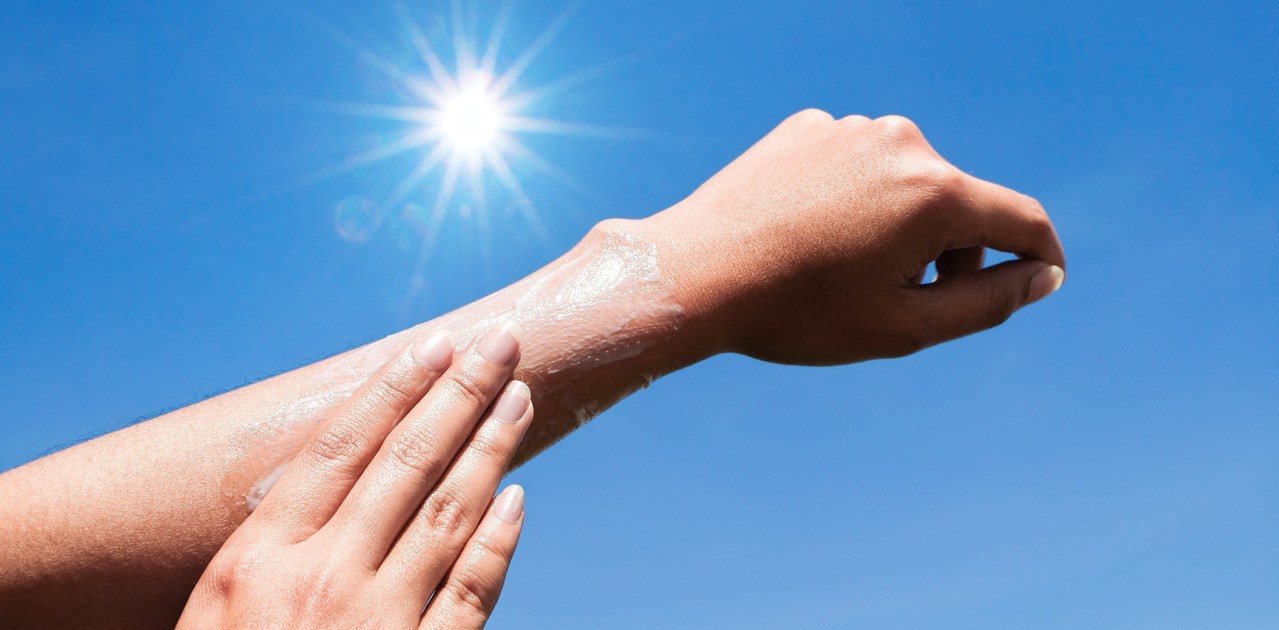
Scientifically backed tips to keep your skin in top condition.
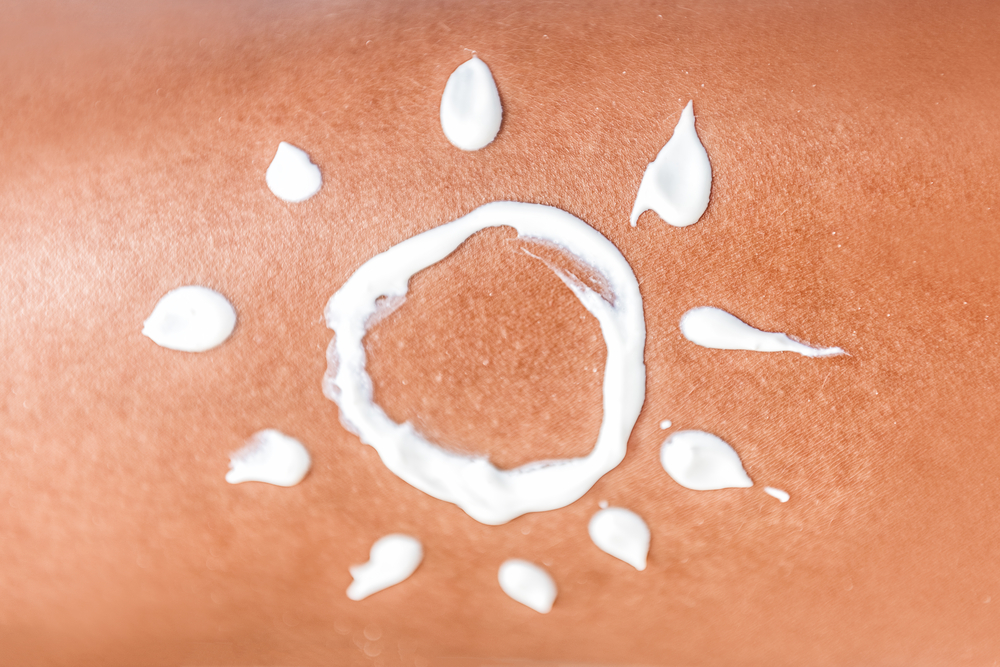
Enjoy being outdoors while keeping your skin healthy, protected and radiant

Discover key tips to prevent infections this flu season and effective home remedies to manage cold symptoms.

Explore the vital role of vitamin D in health and learn how to maintain adequate levels through diet and sunlight.

Join us for International Chronic Obstructive Pulmonary Disease Day as we raise awareness and clear misconceptions.

Explore the risks of falling and learn key effective prevention strategies.

Iron deficiency anemia, its causes, symptoms and effective dietary strategies.

Discover the importance of selecting the right pillow for alleviating neck and shoulder pain and enhancing sleep quality.

Discover essential practices for reducing infection risks. Stay informed and protect your health and the health of others

Relieve eye strain and improve focus with the 20-20-20 rule and other tips

Help children stay safe online by teaching privacy, secure settings, and cyberbullying awareness

Boost immunity and well-being this winter with healthy habits, exercise, hydration and sleep
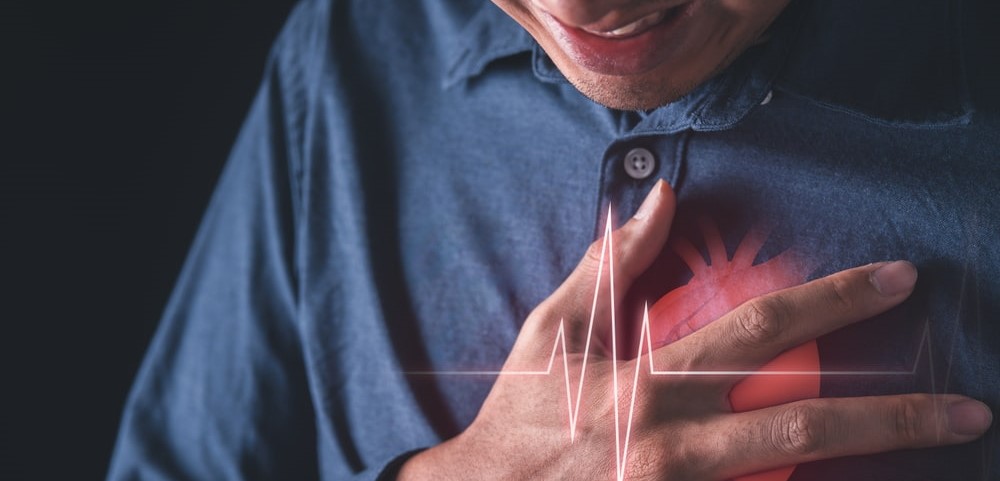
Raise awareness for heart disease prevention through healthy habits, diet, and stress management

Explore how children's exercise programs focus on neurological adaptation and muscle learning rather than muscle size alone
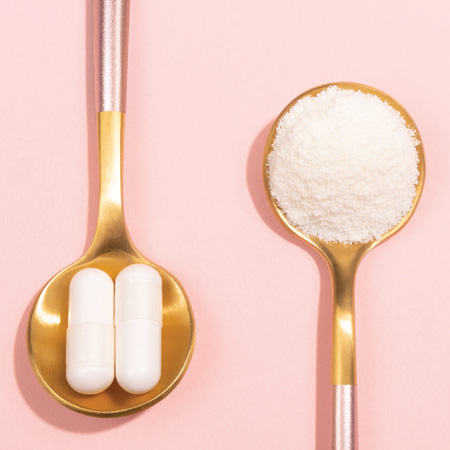
Learn about collagen, its role in your body, and how diet and lifestyle impact its production

Tips for coping with seasonal challenges to boost your mood and wellbeing
 Patient Relations
Patient Relations
